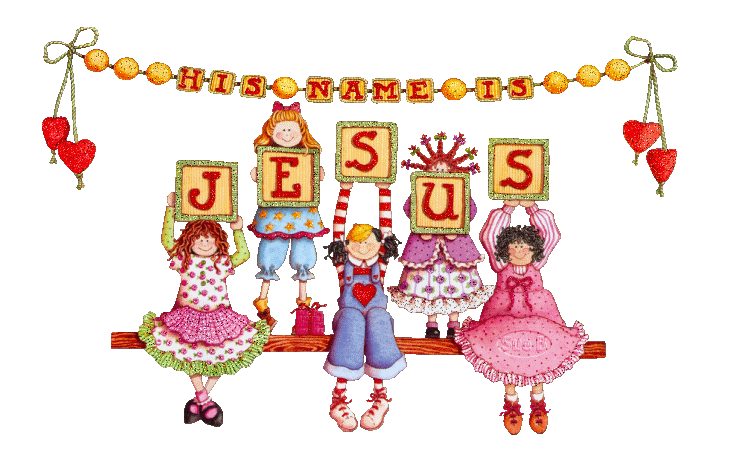Unpacking 'Low Key': What Do Low Key Mean In Everyday Talk?
Have you ever heard someone say something is "low key" and wondered what exactly they were getting at? It's a phrase that pops up all over, from social media posts to casual chats with friends, and it carries a lot of different feelings, you know. Figuring out what people mean when they use it can sometimes feel a bit like trying to catch smoke, so to speak, in some respects.
This particular phrase, "low key," has really become a popular way to describe things, whether it's an event, a feeling, or even a person's general approach. It's pretty versatile, actually, allowing us to communicate a sense of quietness or a subtle sort of presence without needing a whole lot of extra words. So, we're going to explore what makes this phrase tick, and how it fits into our daily conversations, as a matter of fact.
We will look at the different ways people use "low key," and, well, how it connects to the very idea of "doing" things. Because, when you talk about something being "low key," you're often describing how an action or activity is being carried out, or the general vibe of it all. This discussion will help you understand this common expression better, which is pretty useful.
- Skip Hop Activity Center
- What Does Oc Mean
- Good Morning In Italian
- Wasmosomali
- Tyson Httpsanonpastecomsharesophie Rain Spiderman Video Fn834nm5f
Table of Contents
- Defining "Low Key"
- Different Ways We Use "Low Key"
- Why "Low Key" Matters in Communication
- "Low Key" vs. "High Key": A Quick Look
- How to Use "Low Key" Like a Pro
- Common Misconceptions
- Frequently Asked Questions
- Wrapping Things Up
Defining "Low Key"
The Core Idea
At its very heart, "low key" usually means something is modest, understated, or not very showy. It suggests a certain quietness, a desire to keep things simple, or maybe even a little bit hidden, you know. When you say you're having a "low key" night, you're probably not planning a huge party with lots of fanfare. Instead, it's more about relaxed vibes and maybe just a few close people, essentially.
This expression, so, often describes a mood or an approach to something. It's about doing things without drawing too much attention, or keeping expectations rather humble. Think of it as the opposite of being loud or flashy; it’s more about a gentle hum than a big bang, which is a pretty good way to put it, as a matter of fact.
The term suggests a certain deliberate choice to avoid grand displays or excessive notice. It's a way of signaling that something is happening, but in a very calm and collected manner. People appreciate this kind of approach because it often feels more genuine and less forced, you know.
- Wildrileyoutdoors Nude
- What Is The 4th Hole Slang
- Fruit Of The Loom Cornucopia
- Anti Social Social Club
- Emily Compagno
Connecting to "Do"
Interestingly, the idea of "low key" ties right back into the fundamental concept of "doing" things, as a matter of fact. When we talk about "doing," we often mean performing an action or carrying out an activity, which is exactly what our shared text points out. It mentions that "do" is one of the most common verbs in English, used for everything from simple tasks to really complex ones, and it means to perform, carry out, or execute an action, you know.
So, when something is "low key," it describes *how* you "do" it. You might "do" a celebration, for instance, but if it's "low key," you're performing that act, or carrying out that duty, in a very specific, understated way. Our text also highlights that "do" is often used instead of a more specific verb to talk about a common action, and "low key" then adds that important layer of nuance to how that common action is being performed, or, well, executed, essentially.
For example, if you "do" a project at work, a "low key" approach might mean you complete it efficiently without making a big fuss, rather than seeking a lot of recognition. It’s about the subtle execution of a task, or, well, how you perform an act or duty, as our source explains. The feeling of "low key" changes the entire tone of the "doing," making it more about the quiet completion than the grand display, which is pretty significant.
The verb "do" is so foundational to expressing action, and "low key" serves as a modifier, shaping the very nature of that action. It's not just about what you "do," but the manner in which you "do" it, which really matters. This connection shows how deeply ingrained "low key" is in describing the execution of activities, you know, making it a powerful descriptive tool.
Different Ways We Use "Low Key"
The beauty of "low key" is just how many different situations it fits
- Kevin Bacon New Show
- Golden Retriever Brings Bunnies Home
- Descargar Video De Instagram
- Missouri Star Quilt Company
- Show It To Me Rachel

30 Things to Do After Installing Debian 10 | Average Linux User

Educar é Saber Amar : Parabola do semeador

June To Do List for USNA Applicants | USNA or Bust!